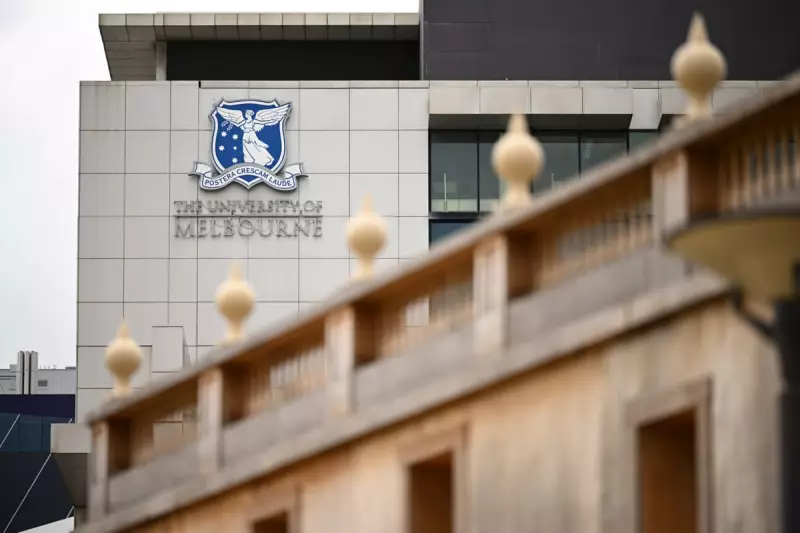
The literary landscape of Australia has been rocked by the announcement that Melbourne University Publishing (MUP) will cease its financial support of the iconic quarterly journal, Meanjin. The decision, effective from the end of 2025, threatens the future of one of the nation's most venerable literary publications.
Established in 1940, Meanjin has been a cornerstone of Australian cultural debate and a vital platform for writers, poets, and critics for over eight decades. The journal's name, derived from the Aboriginal word for the land where Brisbane now stands, signifies its deep connection to the Australian narrative.
In an internal email, MUP CEO Peter Winsley cited the need to reallocate resources towards the company's core book publishing program as the primary reason for this difficult decision. The move is part of a broader strategic shift to ensure the commercial sustainability of the university press.
A Wave of Cultural Concern
The news has been met with profound dismay and anger from the Australian arts community. Prominent figures have taken to social media and public statements to decry the move, labelling it a "devastating blow" to the nation's cultural fabric.
Many see the defunding of Meanjin as part of a wider, alarming trend of declining institutional support for the arts. The journal has historically been a incubator for new talent and a space for rigorous intellectual and creative discourse, a role that many fear cannot be easily replaced.
An Uncertain Future
While the announcement signals the end of MUP's stewardship, it may not be the final chapter for Meanjin. Discussions are reportedly underway to explore alternative funding models and potential new institutional homes for the publication.
The editor of Meanjin and the broader literary community are now faced with the urgent challenge of securing the journal's survival. The coming months will be critical in determining whether this iconic piece of Australia's cultural history can be preserved for future generations.





